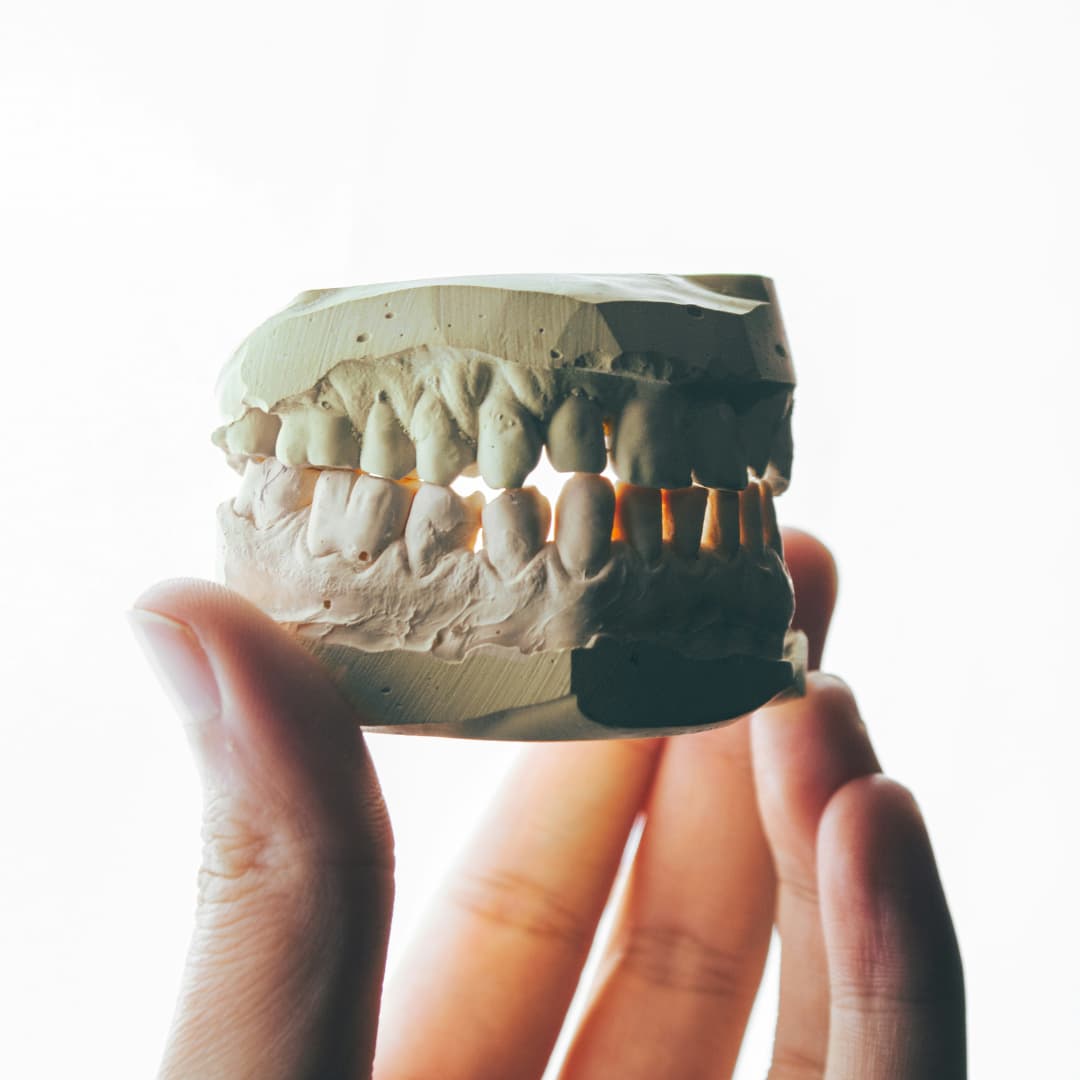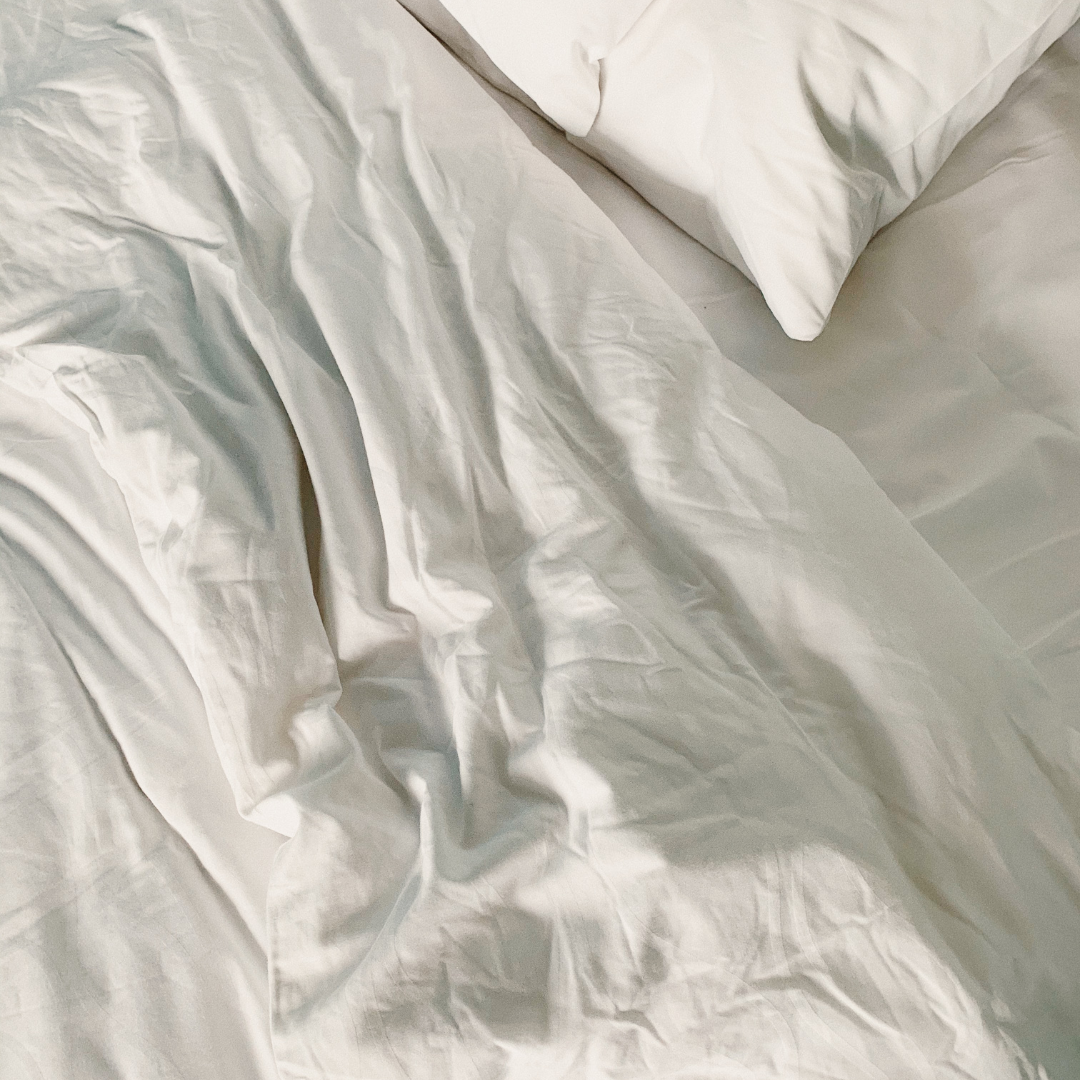Sources
Nighttime teeth grinding: When your nerves call for help


Causes of bruxism
Consequences of teeth grinding

Avoid caffeine, alcohol and nicotine
Jaw relaxation and bodywork


Sleep hygiene and sleep quality
Magnesium as a base




Melatonin is not enough
Ashwagandha against stress

L-Theanine for restful nights
Glycine for muscle relaxation and cooling
Conclusion: Stress regulation instead of dental braces
